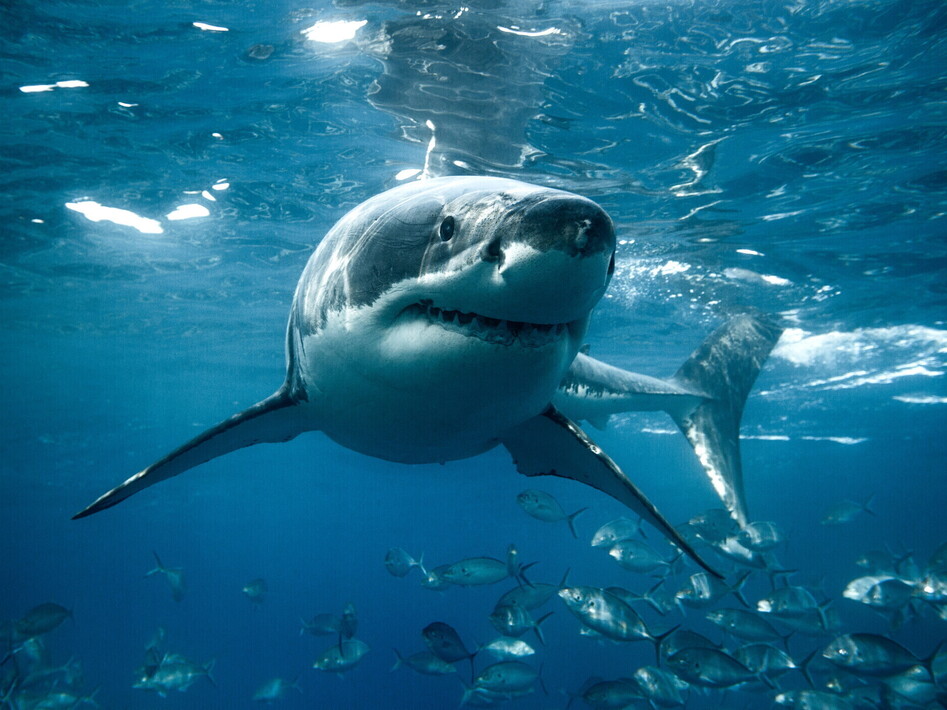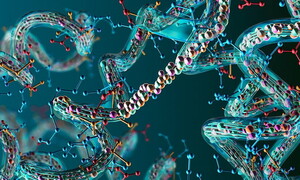Sharks: fragile predators
07 July 2025

The 1975 film Jaws shaped the collective imagination, portraying these majestic creatures as relentless predators. Fifty years on, the reality is quite different: sharks are in danger, and their survival is vital for the health of our oceans.
Sharks are not merely large fish; they are keystone species. This means their presence is essential for maintaining the balance and biodiversity of marine ecosystems. As apex predators at the top of the food chain, they control populations of other species, preventing the overpopulation of certain animals which could otherwise harm habitats like coral reefs. Their decline can trigger a cascade of negative effects that disrupt the entire structure of the ecosystem. The decline of shark populations is a global problem driven by several factors.
Overfishing and finning: The demand for shark meat and, above all, for fins - used in shark fin soup, a luxury dish in some Asian cultures - has led to unsustainable fishing practices. “Finning”, the practice of cutting off the fins and throwing the still-living shark back into the sea, is cruel and destructive. Accidental bycatch also contributes to the problem, with sharks getting caught in nets intended for other species. Climate change: Rising ocean temperatures and ocean acidification (caused by the absorption of CO₂) affect shark habitats and the availability of their prey. These changes can alter migration patterns, reduce breeding grounds, and place stress on sharks’ energy reserves.
Pollution: The ocean has become a dumping ground for plastic waste, microplastics, and toxic chemicals. Sharks, like many other marine species, can ingest plastic, suffer injuries, or become poisoned by pollutants that accumulate up the food chain. And finally, habitat destruction and degradation: Coastal areas, crucial for many shark species as breeding and nursery grounds, are threatened by coastal development, pollution, and the degradation of coral reefs and mangrove forests. Understanding sharks better through scientific research is crucial. Researchers are using advanced technology to track their movements, study their behaviour, and analyse their genetic resources, providing critical data for conservation efforts. At the same time, a shift in public perception is essential. The idea of sharks as “monsters” must be replaced with an understanding of their true value as an integral part of marine wildlife.
So, what can be done to help these magnificent animals? Key solutions involve laws to limit shark fishing, protect endangered species, and promote responsible fishing practices. Shark-focused tourism -such as shark diving - can generate significant economic revenue for local communities, offering a direct incentive to protect these creatures and their habitats. It’s also important to establish and expand areas where fishing is restricted or prohibited, allowing sharks to breed and thrive. Protecting sharks is a complex challenge, but their fate is closely tied to the health of our planet. Their future depends on our ability to act with awareness and responsibility.


